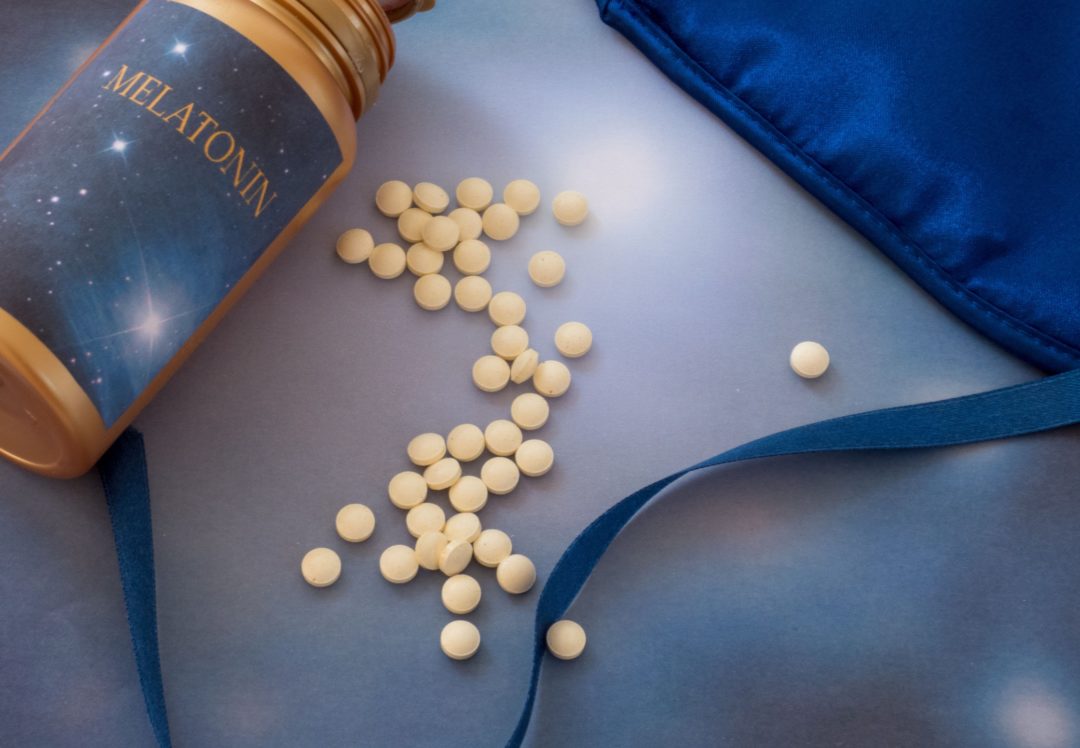Washington, DC—Concerning headlines (such as ‘We’re concerned’: Doctors sound alarm on giving melatonin to kids) are circulating the in mainstream media following publication of a research letter (Characteristics of Melatonin Use Among US Children and Adolescents) appearing in the Journal of the American Medical Association (JAMA) Pediatrics.
Researchers from the University of Colorado Boulder conducted the research. In an article titled Melatonin use soars among children, with unknown risk, the university shared: "Nearly one in five school-aged children and preteens now take melatonin for sleep, and some parents routinely give the hormone to preschoolers, according to new research from CU Boulder published Nov. 13 in JAMA Pediatrics. This concerns the authors, who note that safety and efficacy data surrounding the products are slim, as such dietary supplements lack full regulation by the Food and Drug Administration."
The article quoted lead author Lauren Hartstein, a postdoctoral fellow in the Sleep and Development Lab at CU Boulder: “We hope this paper raises awareness for parents and clinicians, and sounds the alarm for the scientific community. We are not saying that melatonin is necessarily harmful to children. But much more research needs to be done before we can state with confidence that it is safe for kids to be taking long-term.”
CRN Outlines Flaws in Research Letter on Melatonin
The Council for Responsible Nutrition (CRN) responded to the research letter, saying it cites irrelevant and flawed data to raise unnecessary alarm about pediatric use of melatonin. Outlining its concerns, CRN stated:
- "Basing their findings on what the authors conceded was a 'relatively small' sample from a 'homogenous' group of just over 900 participants who were taking melatonin, they concluded 'that melatonin consumption by US children and adolescents is exceedingly common, with some parents beginning administration to their children at an early age.' They added, 'Furthermore, parents reported administering melatonin for an extended period… These outcomes were neither surprising nor pejorative on their face.
- As a preface to their findings, the authors cited two previous studies about melatonin that CRN says are flawed. "One cited study raised concerns about melatonin levels in products without acknowledging that federal regulations allow reasonable overages and that actual ingredient levels were safe. The other cited study failed to point out that an increase in calls to poison control centers coincided directly with increasing usage patterns but did not correlate with supposedly harmful overdoses related to using the products as intended. Rather the increase in calls from parents regarding real and suspected accidental ingestion by children rarely resulted in the need for medical intervention."
- CRN points out that the author asserts that dietary supplements “are not regulated by the [FDA].” In reality: "The agency has an entire office that does just that," CRN said. "According to the agency: 'FDA regulates both finished dietary supplement products and dietary ingredients. FDA regulates dietary supplements under a different set of regulations than those covering ‘conventional’ foods and drug products.' Repeating this false narrative to JAMA readers—and JAMA knows better—undermines their confidence in a safe market."
Steve Mister, President & CEO, CRN, added, “This Research Letter should be received as a call to pediatric doctors to have candid and open conversations with parents about their children’s sleep patterns, and about the use of melatonin, which these findings, and our own data, show is used safely by millions of American families. What this study doesn’t show is how many families already administer melatonin to their children safely, in consult with, and in many cases, at the suggestion of, their healthcare providers. Misrepresenting the state of regulation and mischaracterizing the data to pediatric doctors make those candid and fact-based conversations less likely.”
In its article, CU Boulder pointed to a study published in April, in which researchers analyzed 25 melatonin gummy products and found that 22 contained different amounts of melatonin than the label indicated. CRN aimed to set the record straight on that issue, as well. As WholeFoods Magazine reported in April 2023, a research letter in JAMA reported that 22 out of 25 melatonin products analyzed were mislabeled. CRN said the letter suggests that clinicians should "advise" parents that the levels of melatonin in gummies are "unpredictable." Mister commented: “This report does a complete disservice to a safe product when it is used according to manufacturer’s instructions. Parents know how to take care of their own kids, and, often in consultation with their health care providers, have been safely giving the pediatric versions of these melatonin products to their children for years.” Read CRN: JAMA Research Letter "Raises False Alarm Over Levels of Melatonin in Gummies" for more on the issues raised in that report.
"Alarming misinformation" on melatonin
Taking issue with JAMA's role in publishing the letter, Mister said the review process at JAMA Pediatrics should be questioned when it "permits the spread of alarming misinformation and doesn’t hold authors accountable that these products are indeed regulated, the levels of melatonin in both pediatric and adult products are in compliance with FDA regulation, and harmful pediatric overdoses of melatonin are exceedingly rare."
To help with education, CRN published the fact sheet: The Truth about Melatonin in 2022.










